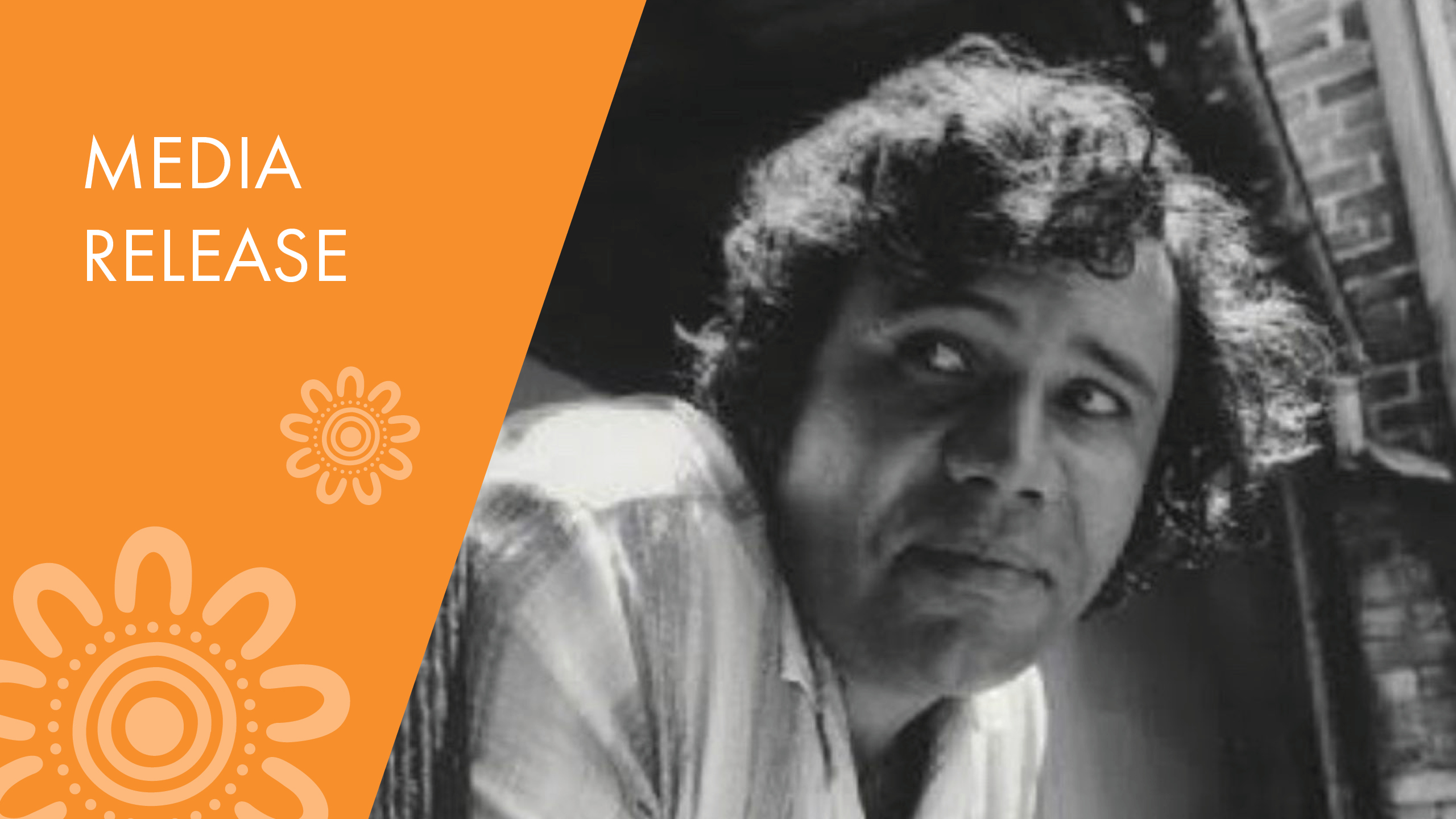
NSW Aboriginal Land Council (NSWALC) and the Land Rights Network mourn the passing of Paul Coe, a proud Wiradjuri man, Aboriginal land rights warrior and legendary fighter for our people.
Paul Coe will be remembered for his trailblazing activism and advocacy for Aboriginal rights, not only in NSW but across the country. He was a key figure throughout the 1967 Referendum and was fundamental in establishing both the Aboriginal Legal Service in 1970 and the Aboriginal Tent Embassy in 1972.
Paul Coe was also a pioneer, specifically for Aboriginal land rights in this State. He was part of the first interim NSWALC Council and was elected Treasurer after NSWALC was formally constituted as a statutory corporation under the NSW Aboriginal Land Rights Act (1983).
In 2017, Paul Coe was recognised as one of the inaugural winners of the NSWALC “40 Years Strong” Chairperson’s Award.
In his acceptance speech, Paul Coe mentioned the many Aboriginal People who fought for Aboriginal rights, including his sister Isabel Coe, her husband Billie Craigie, Linda Craigie, Gary Foley and many others, for whom NSWALC would not be what it is today.
The fight for Aboriginal rights ran deep in the Coe family, with Paul Coe taking wisdom and leadership from his parents, Les and Agnes, who were staunch fighters for Aboriginal rights and warriors in the land rights movement.
Paul Coe was born on 4 February 1949 at Erambie Mission (also known as 32 acres) in Cowra. He was the first Aboriginal scholar at Cowra High School to not only pass the Higher School Certificate, but also be elected a prefect. Paul Coe was also the first Aboriginal person to study law at UNSW. It was here that his passion for activism and the fight for Aboriginal human rights grew.
He was heavily involved in developing the Australian Black Power Movement in Redfern, inspired by the Black Panther Party in the United States. He also became involved in key Redfern community development projects such as the Redfern All Blacks football team.
Throughout the 1970s, Paul Coe was heavily involved in Aboriginal activist movements, including helping to organise the George Street march against the Vestey Company (now known as the Wave Hill Walk-Off) and travelling to England to plant the Aboriginal Flag on Dover Beach to challenge the terra nullius doctrine, an action that now has a permanent plaque on Dover Beach to mark the occasion.
In 1979, Paul Coe, along with other key leaders, represented the NSW Organisation for Aboriginal Unity by camping outside Parliament House with an Aboriginal Bill of Rights protesting for its establishment by the Commonwealth Government.
In this same year, he commenced an unsuccessful action in the High Court of Australia – Coe vs Commonwealth – arguing for the recognition of Aboriginal People as the prior inhabitants of Australia before European colonisation. While this case was dismissed, it laid the foundation for the successful 1992 Mabo judgement that recognised and overturned the terra nullius status.
NSWALC Chairperson and Councillor for the Sydney/Newcastle Region, Raymond Kelly, said that Paul Coe was a Legend of the land rights movement.
“Paul was an incredible fighter and will be remembered for generations to come. He has changed the lives of Aboriginal people across the nation, helping to establish the Aboriginal Tent Embassy, the Aboriginal Legal Service and pointing out uncomfortable truths about police brutality and institutional racism,” Cr Raymond Kelly said.
“On behalf of the Land Rights Network and NSWALC, I send my deepest condolences to Paul’s family at this very sad time.”
“We will continue to uphold his legacy for years to come.”
This media release and image has been approved and developed alongside the Coe family. For more information on NSWALC, visit https://alc.org.au/ .
| NSWALC is the State’s peak representative body in Aboriginal Affairs and aims to protect the interests and further the aspirations of the 121 NSW Local Aboriginal Land Councils and the broader Aboriginal community. It was established in the 1970s to assist in the fight for land rights and was formally constituted as a statutory corporation under the New South Wales Aboriginal Land Rights Act in 1983. NSWALC is the largest member-based Aboriginal organisation in NSW. |
